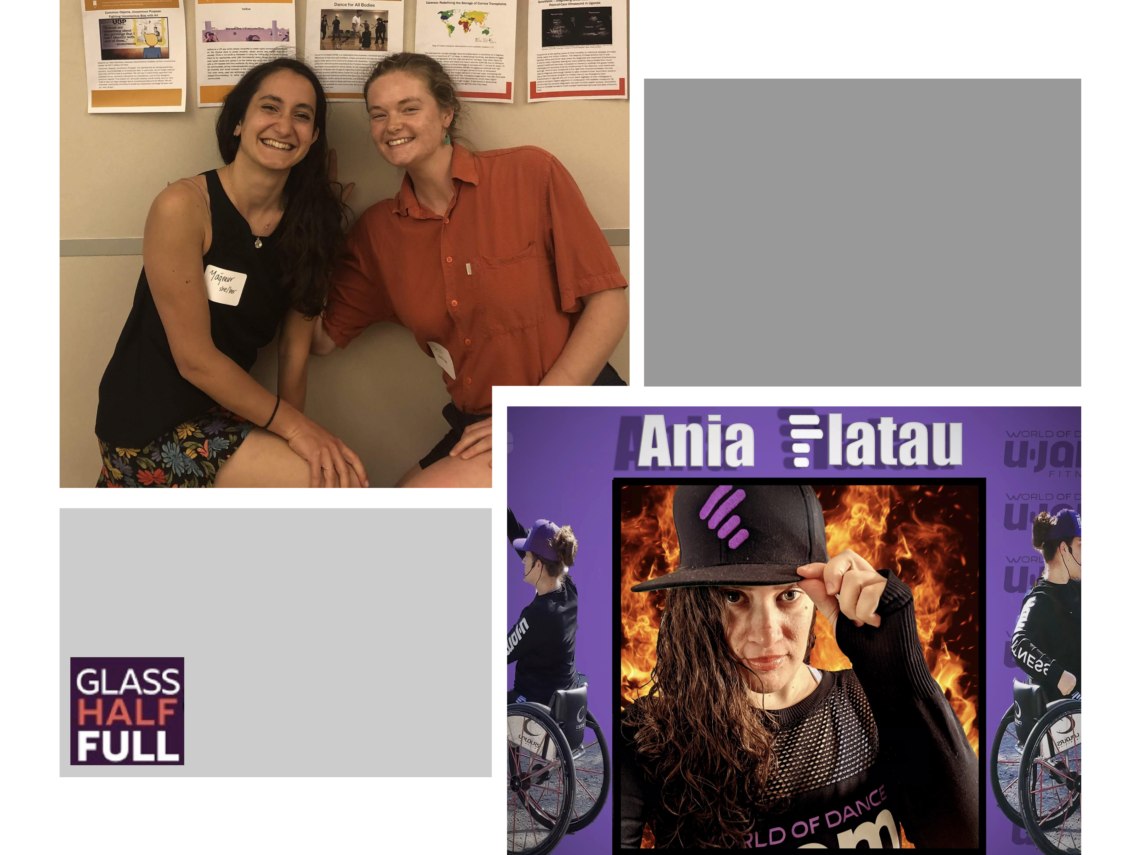A seated Tai Chi practice can have both physical and emotional health benefits. Tai Chi instructor, Ralph Somack, has taught tai chi to seniors, people with dementia, stroke survivors, people using wheelchairs and this week…
If Emma Goldman were alive and experimenting with the virtual life, she may have said something like this. Why not dance through the pandemic? It’s good physical exercise, ignites oxytocin, and can bond you with…
What is Nature and how is it beneficial to our emotional, physical, and spiritual well-being? Bonnie Lewkowicz (Program Manager, Access Northern California) and Lori Gray (Adventures & Outings Program Coordinator) both work for the Bay Area…
Professor Catherine Kudlick, of San Francisco State University, directs the The Paul K. Longmore Institute on Disability and the annual SuperFest International Disability Film Festival. Born blind, Catherine had numerous corrective eye surgeries and now…

